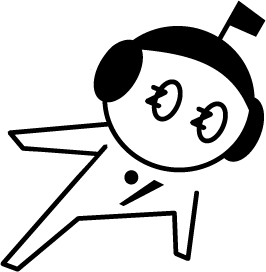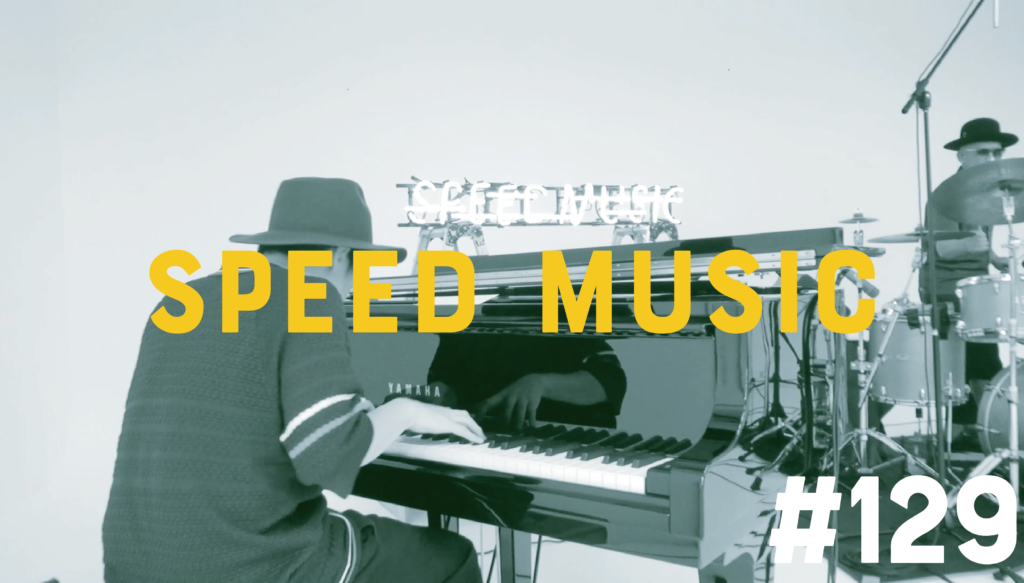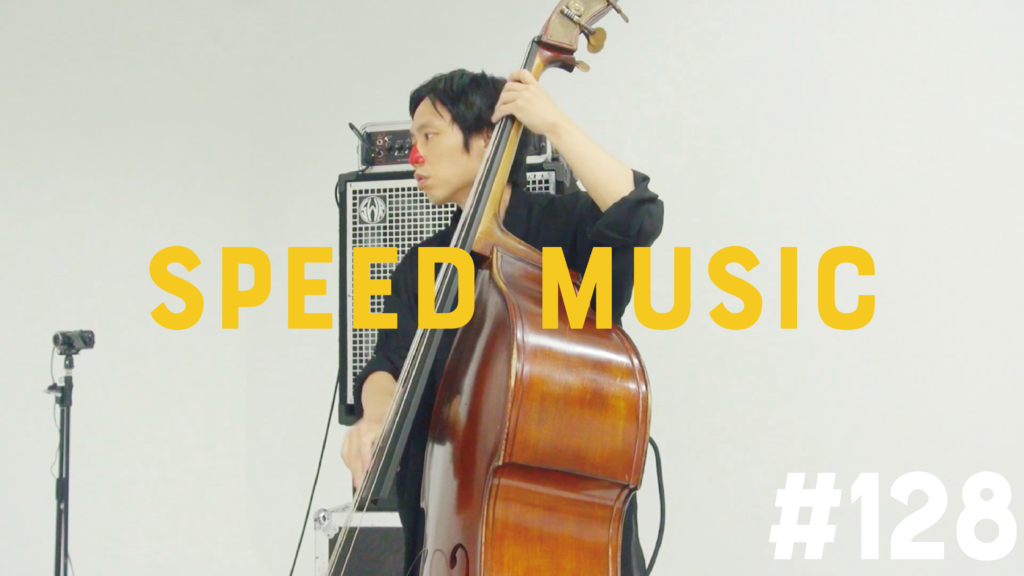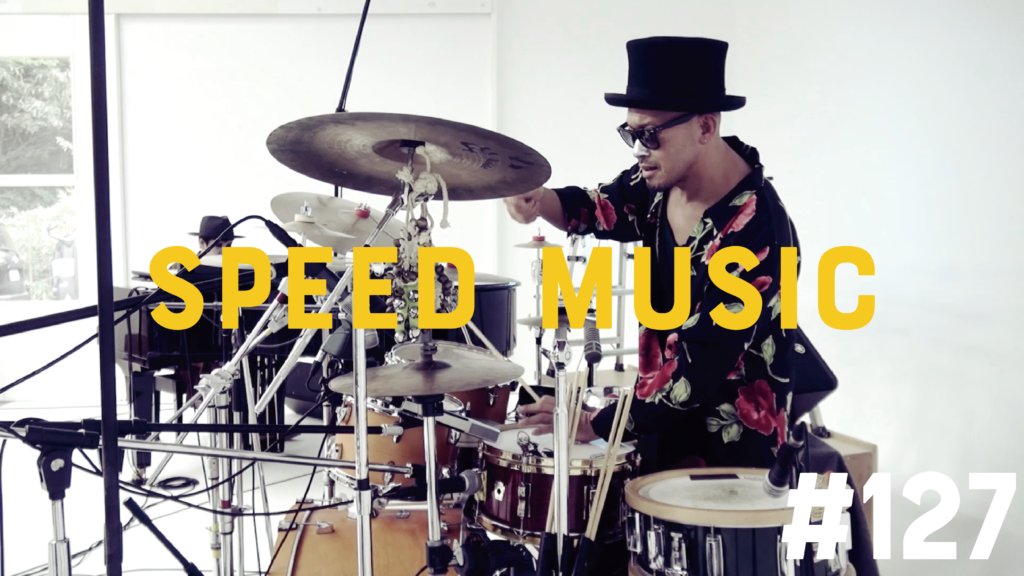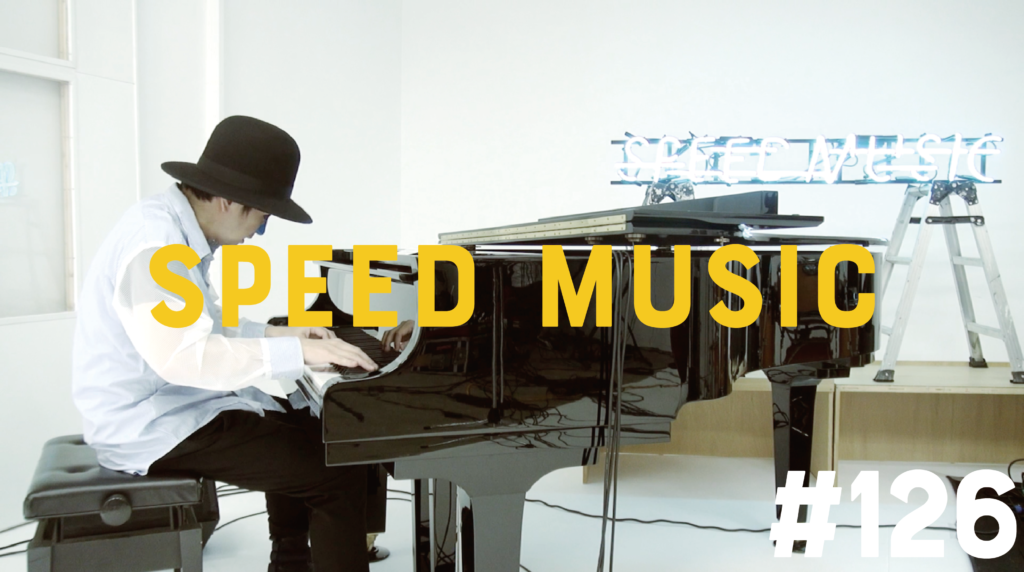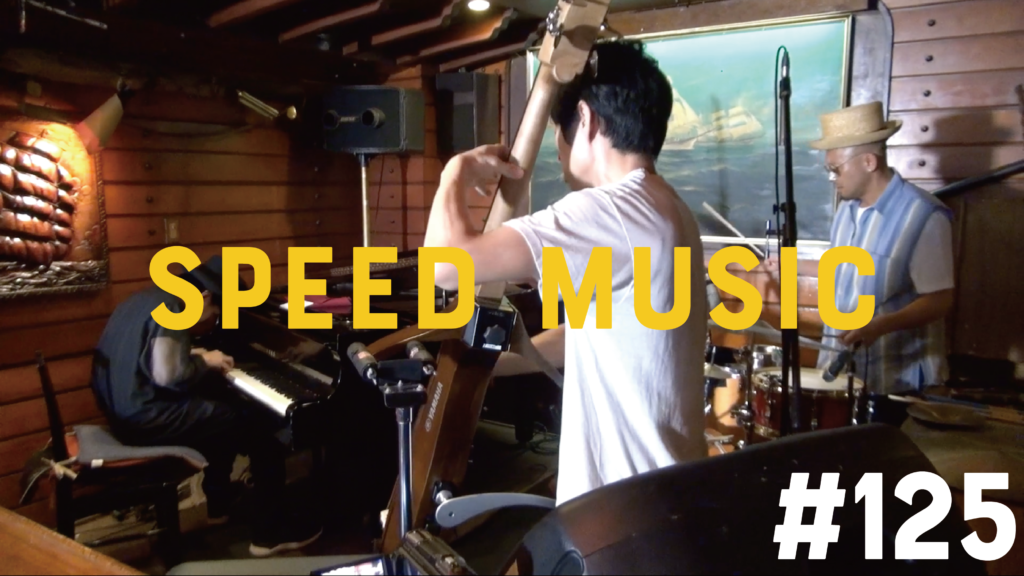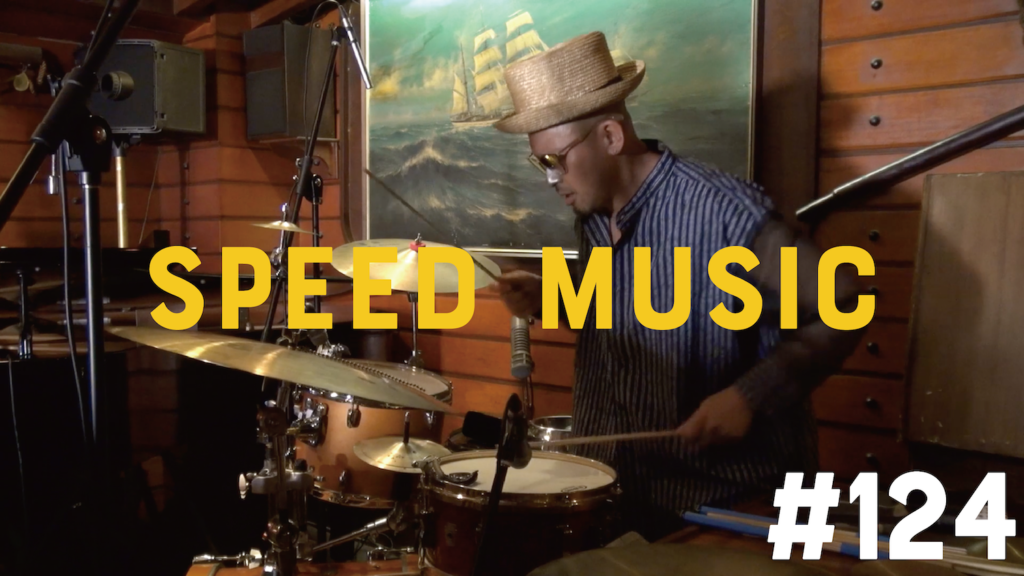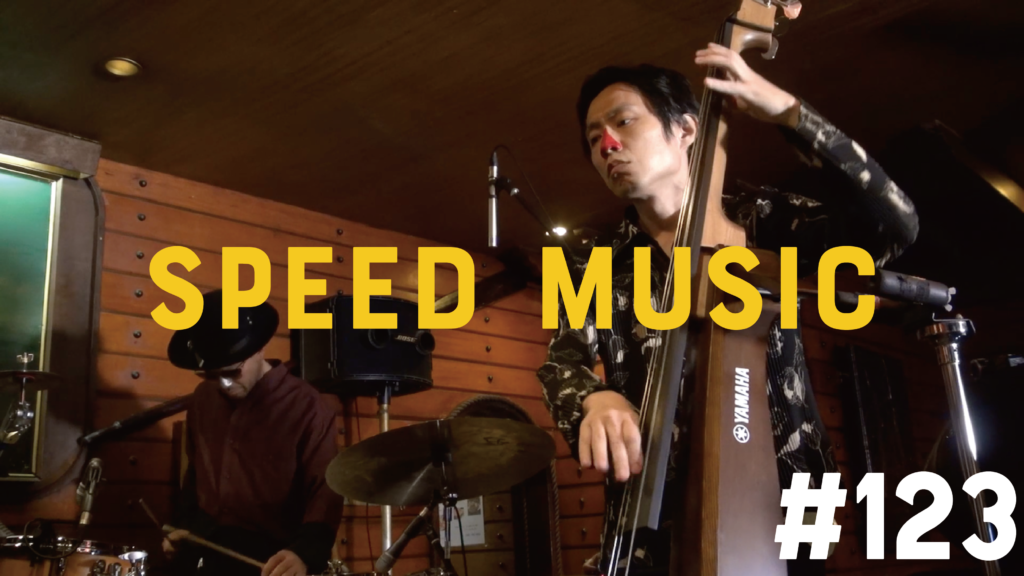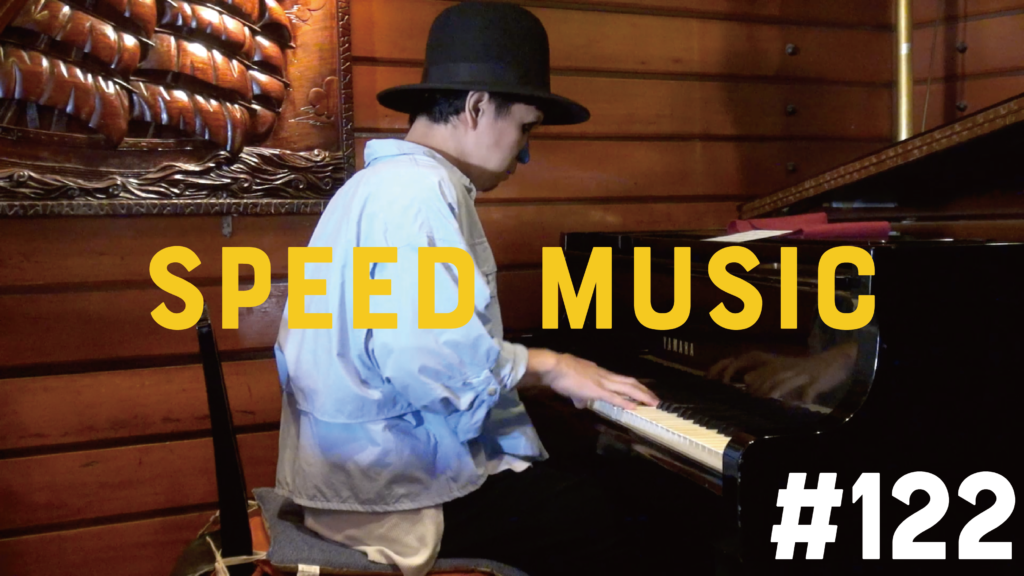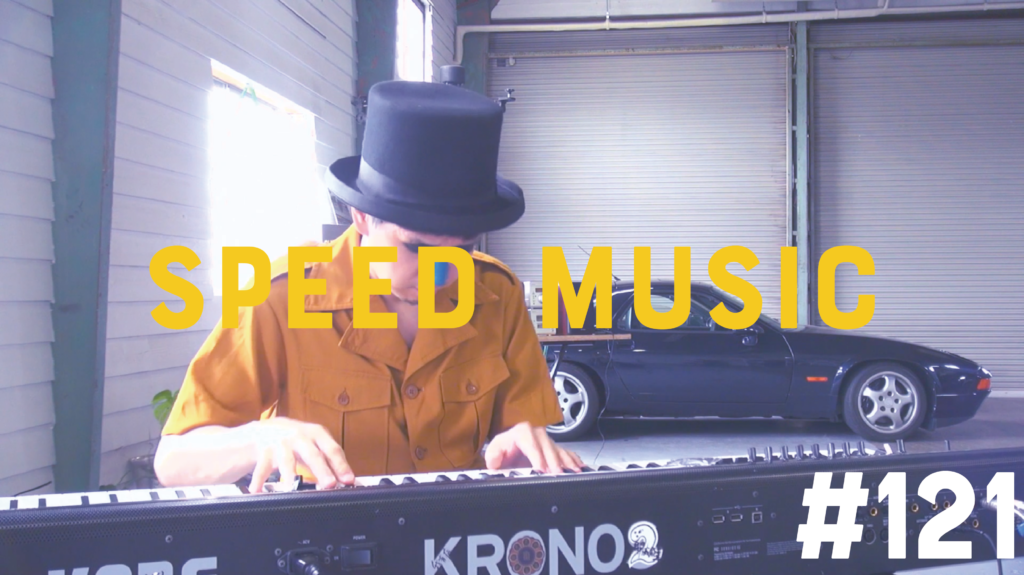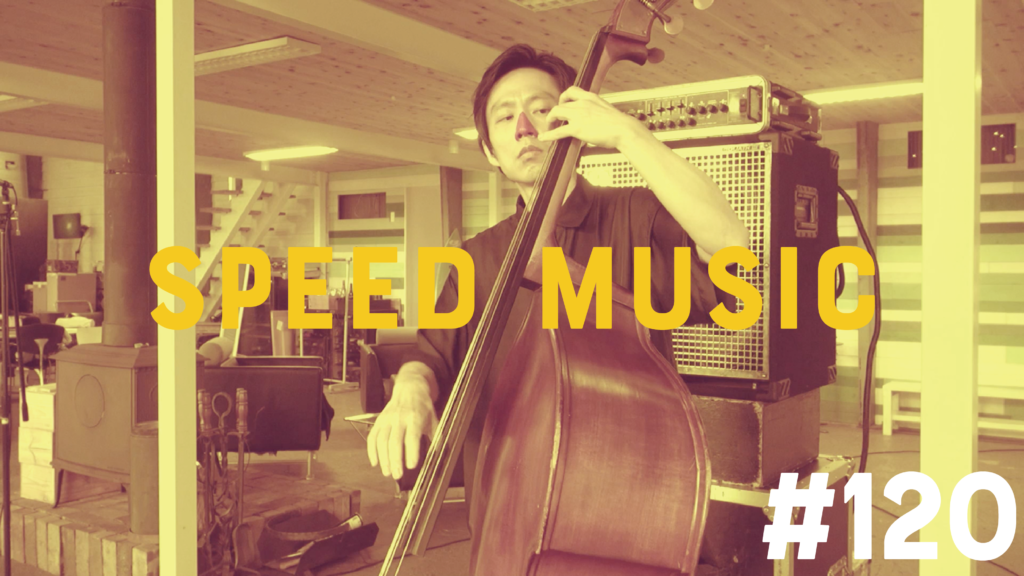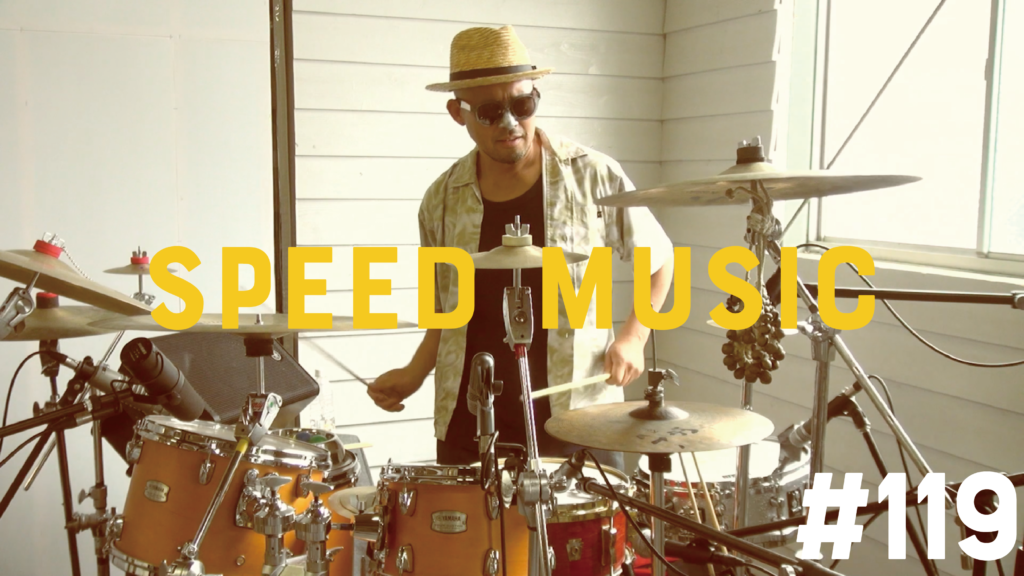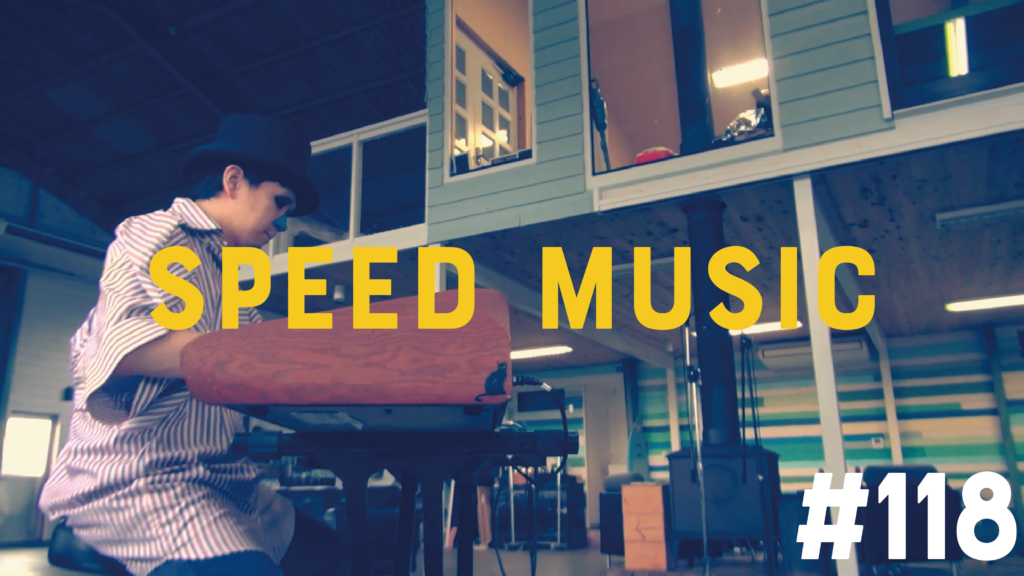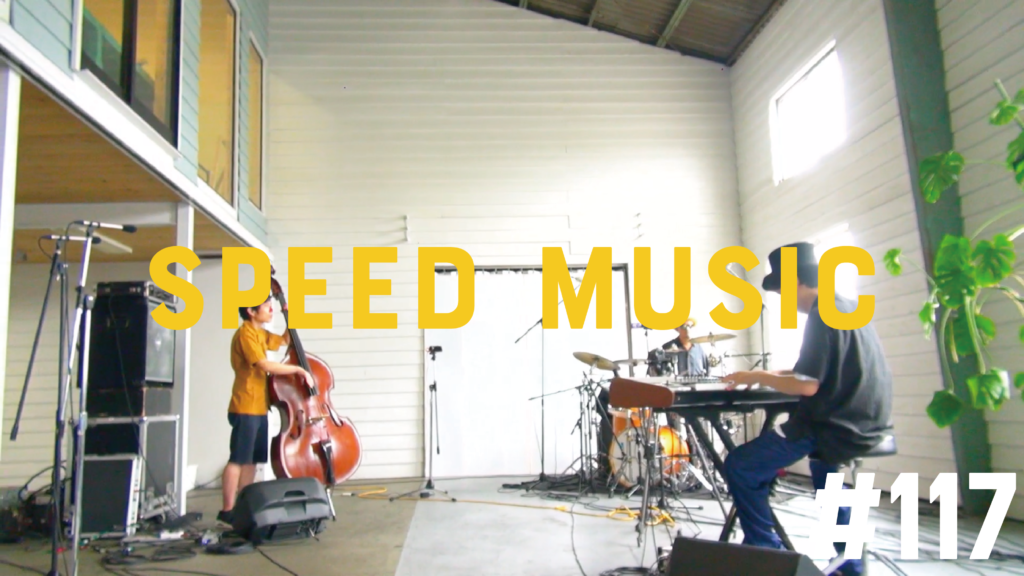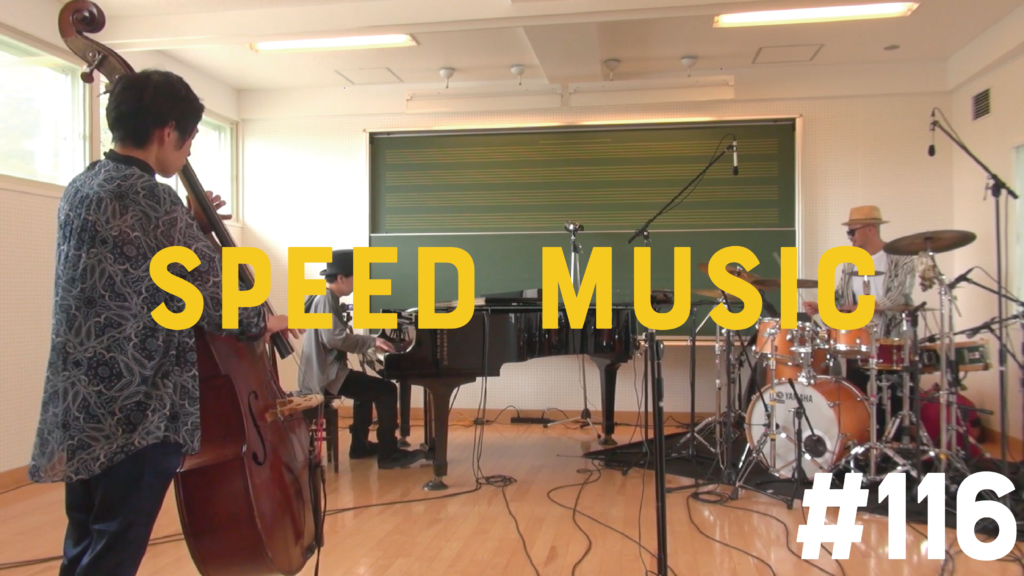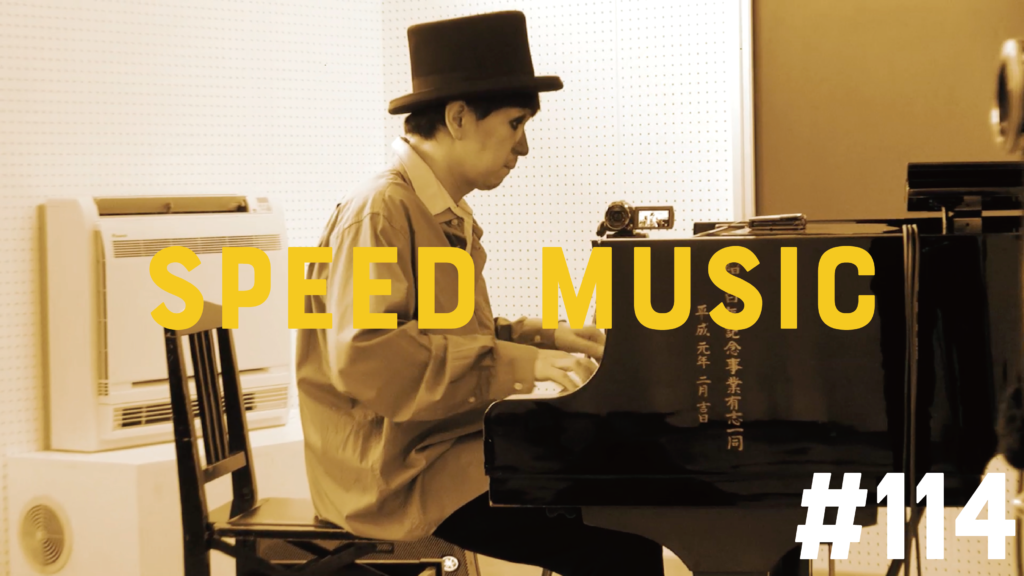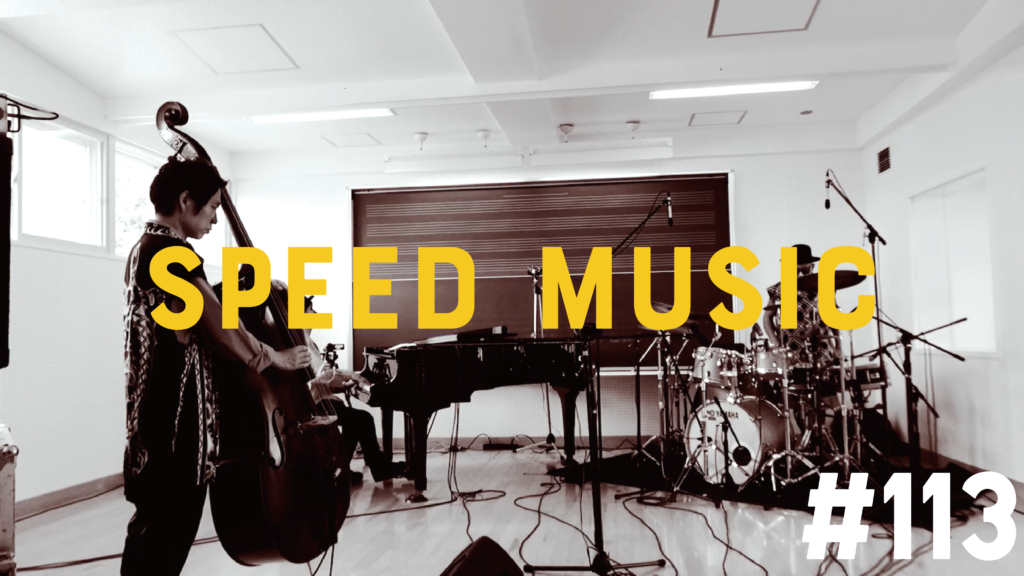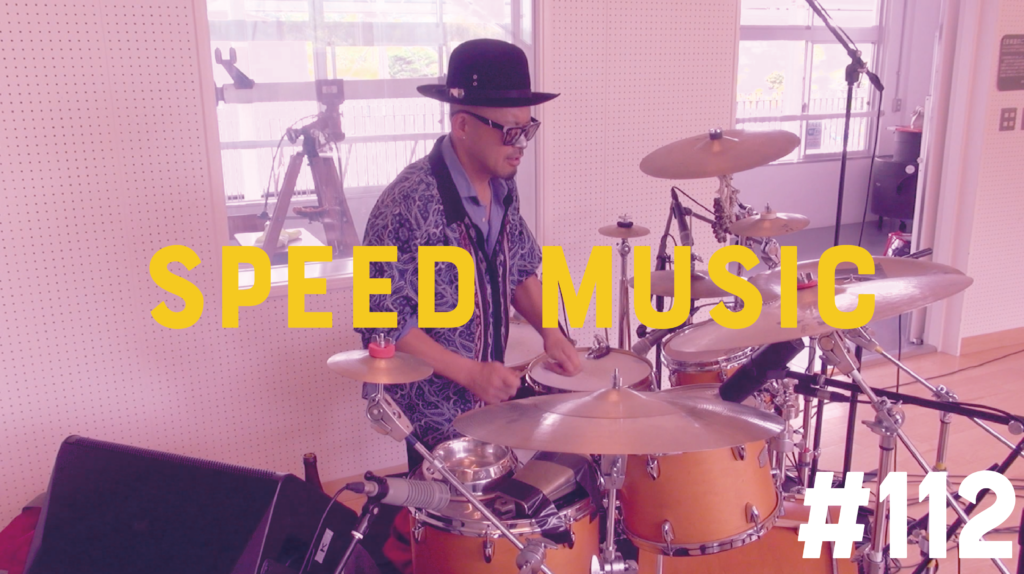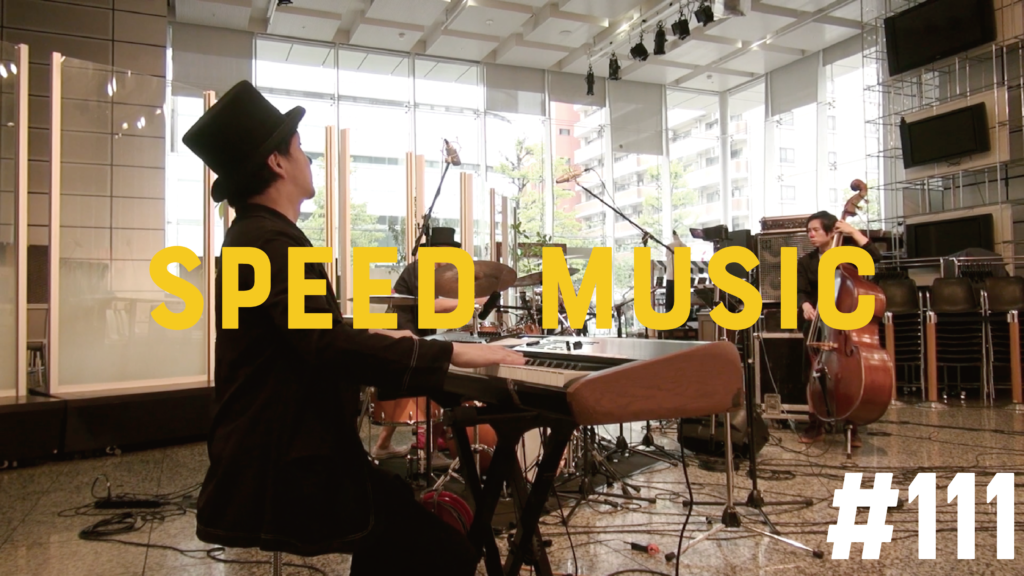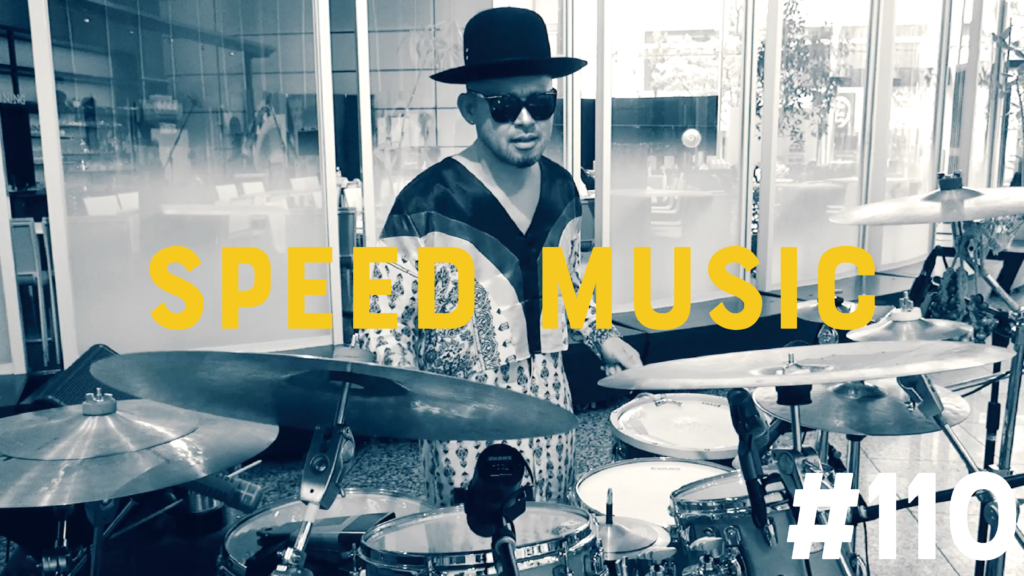#122 それが大事 / 大事MANブラザーズバンド by H ZETTRIO
最初はテレビ朝日系列で放送されていた『スポーツフロンティア』のエンディングテーマとして流され、この時はまだヒットするまでには至らなかったが、フジテレビ系『邦ちゃんのやまだかつてないテレビ』のテーマソングとして使用されるようになった後の1991年12月9日のチャートで17位にランクイン。翌週には5位入りを果たし、さらに翌週に2位、そして12月30日付のチャートで1位を獲得した。それから1992年1月27日付チャートまで連続して週間1位獲得し続け、トップ10には3月23日のチャートまでランクインし続けた。そして結果的にオリコン集計で160.3万枚の売り上げを記録した。(フリー百科事典 ウィキペディア日本語版より:https://x.gd/RvTJi)
It was first used as the ending theme for "Sports Frontier," which was broadcast on the TV Asahi network, and although it was not yet a hit at that time, it was used as the theme song for Fuji TV's "Kuni-chan's Yamada Katsutenai TV." It ranked 17th on the chart on December 9, 1991 after it became used as a song. It reached number 5 the following week, number 2 the following week, and number 1 on the chart dated December 30th. From then on, it continued to reach number 1 weekly until the chart dated January 27, 1992, and remained in the top 10 until the chart dated March 23, 1992. As a result, sales of 1.603 million copies were recorded on Oricon. (From the free encyclopedia Wikipedia Japanese version: https://x.gd/RvTJi)
